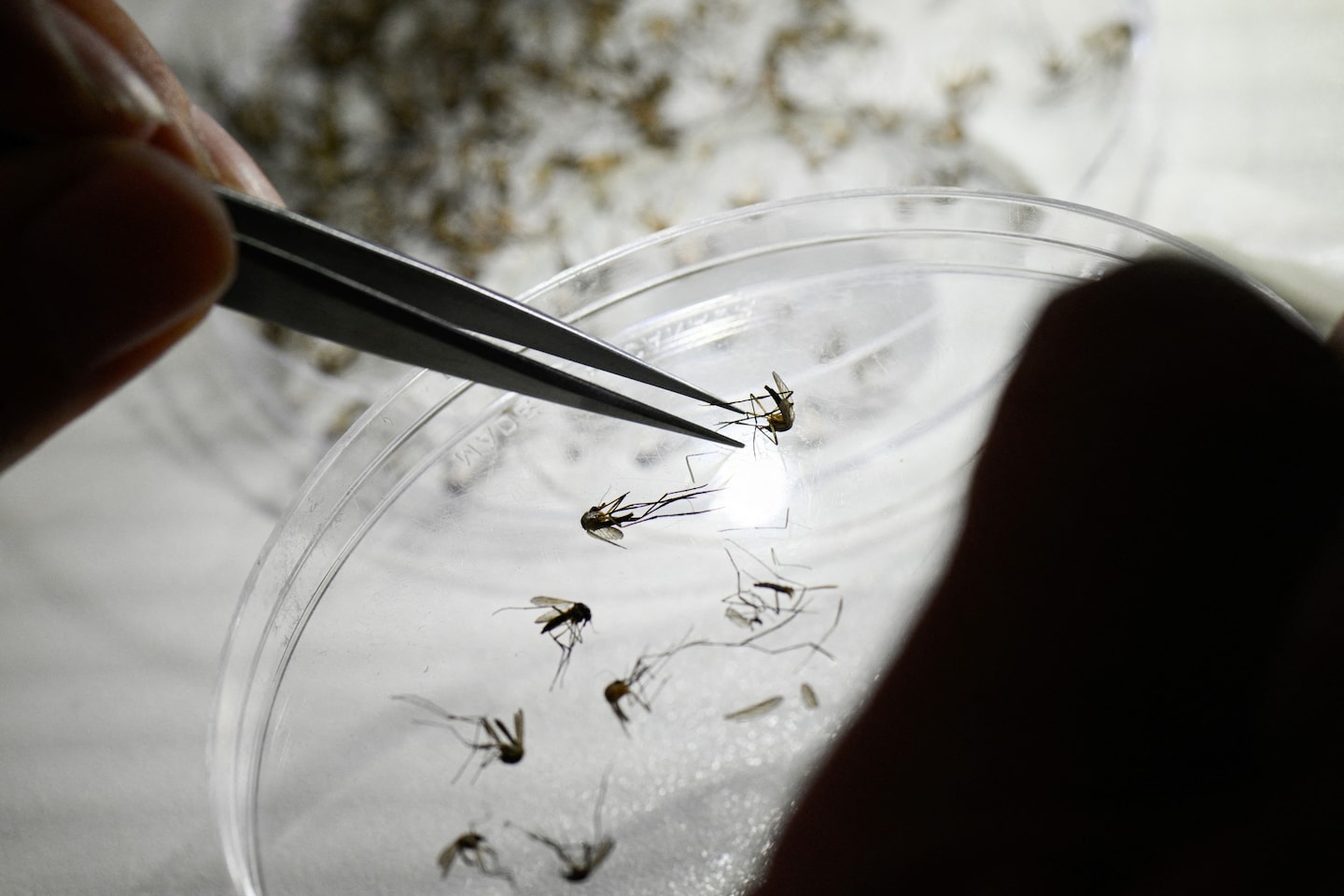Since January, 745 dengue cases have been identified among U.S. travelers who became infected abroad, the agency said. Dengue cases typically increase during the warmest months that are yet to come. Last year, there were 1,829 travel-associated cases in the United States.
Dengue transmission typically peaks during the warmer and wetter months in many tropical and subtropical regions, and infectious-disease experts say cases are likely to increase as global temperatures rise. U.S. summer travel often overlaps with the months of increased dengue activity in many countries. Epidemics in the Americas raise the number of travel-associated cases as well as local transmission in the continental United States, the CDC said.
There is no evidence of a dengue outbreak in the continental United States. “However, around the world, dengue cases have risen at an alarming rate, including in Puerto Rico, which is experiencing an increasing number of dengue cases,” the CDC said in a statement.
Dengue is spread by the bite of an infected mosquito of the Aedes species. Travelers infected abroad can bring the virus back to their communities, where local mosquitoes bite them and transmit the disease to others. Most dengue infections are mild or asymptomatic, but severe cases can lead to internal bleeding, organ failure and death. Also known as “breakbone fever,” dengue can cause disabling high fevers, severe headaches, and muscle and joint pain.
There is no specific medicine to treat dengue. There are no vaccines for adults or people without a previous dengue infection. The only vaccine approved for use in the United States is for children 9 to 16 years old who have had a previous dengue infection and who live in frequent or continuous dengue-transmission areas, such as Puerto Rico.
With increased global and domestic incidence of dengue, the CDC is urging health-care providers to be on the lookout for dengue among people with fever who have been in areas with dengue transmission within 14 days of the start of illness. Infants, pregnant people, adults over 65 years old and people with certain medical conditions are at increased risk for severe dengue.
Infections begin after an incubation period of five to seven days and present as fever accompanied by symptoms such as nausea, vomiting, rash, muscle aches, joint pain, bone pain, pain behind the eyes, headache or low white blood cell counts.
Several warning signs predict progression to severe disease. They include abdominal pain or tenderness, persistent vomiting, bleeding from the nose or gums, and lethargy or restlessness. Severe disease develops in 1 out of 20 people with symptomatic dengue.
The disease is complicated because it is caused by four distinct but closely related dengue viruses. Infection with one dengue virus generally produces lifelong protection against infection from that specific virus, but protection against the other types is short-lived. A second infection with a different dengue virus carries a higher risk of severe disease than a first. But any infection can lead to severe disease.
Clinicians need to order the appropriate diagnostic tests for acute dengue infection and report cases to public health authorities.
Dengue fever poses a significant public health threat in many parts of the world, particularly in regions with high mosquito populations and limited access to health care. Dengue infections surged after the covid-19 pandemic. In 2023, more than 4.6 million cases and 4,000 deaths were reported in the Americas.
The main vector for dengue is the Aedes aegypti mosquito. Six U.S. territories and other associated regions — Puerto Rico, American Samoa, the U.S. Virgin Islands, the Federated States of Micronesia, the Republic of Marshall Islands and the Republic of Palau — are classified as areas with frequent or continuous dengue spread.
In the rest of the United States, local transmission of dengue has typically been limited to small outbreaks in Florida, Hawaii and Texas. But confirmed local dengue transmission has been reported in Arizona and California in the past two years. Aedes aegypti mosquitoes can be found in Southern California, South Texas and South Florida.
Florida has already reported eight cases from local spread this year, health department data shows.
The disease has a pattern according to the seasons: The majority of cases in the southern hemisphere occur in the first part of the year, and the majority of cases in the northern hemisphere occur in the second half.
#CDC #warns #increased #dengue #fever #risk #U.S,
#CDC #warns #increased #dengue #fever #risk #U.S
